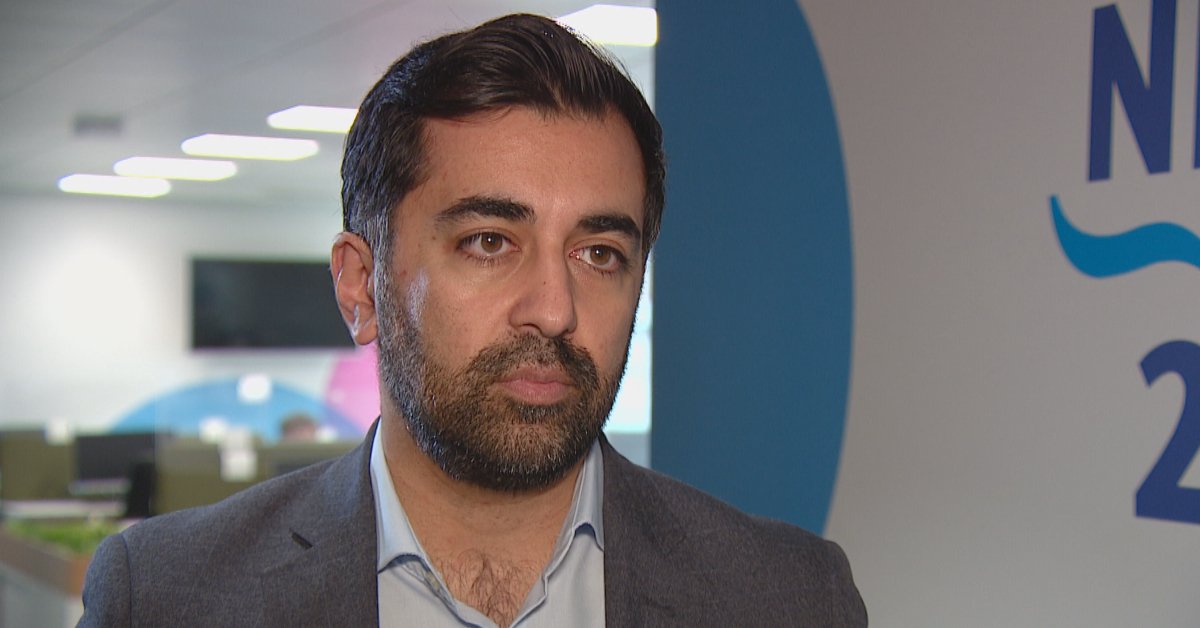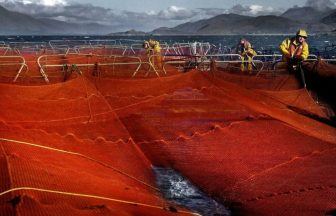The Scottish health secretary has reassured parents that there is “no shortage of supply” of the antibiotics needed to treat Strep A.
Humza Yousaf was also clear that the number of cases of the infection being seen in Scotland is “not unusual”.
Across the UK at least nine children have died from complications caused by the Strep A infection – although no fatalities have been reported in Scotland.
Public Health Scotland (PHS) has stressed that, while Group A Streptococcal (GAS) infections, including scarlet fever, are common, the more serious Invasive Group A Streptococcal (IGAS) infections – when bacteria get into the bloodstream – are rare.
A total of 13 IGAS cases involving children under the age of ten were reported to PHS between the start of October and December 5.
Meanwhile, Yousaf said that, although the number of GAS cases is expected to rise, parents should contact their GP if their child becomes unwell and they will get “the treatment that’s required”.
The health secretary, speaking on BBC Radio Scotland’s Good Morning Scotland programme, said: “There have been 1,195 Group A Strep infections since the beginning of October – that’s the PHS figure in Scotland. – but that’s not unusual.
“We do expect an increase in the coming weeks, but it’s really important to say that the vast bulk of those 1,195 cases will present as mild illness that can be treated, so we want to just get the balance right between absolutely telling parents the signs and symptoms to look out for and also just say there’s no need to panic if your child is unwell, signs and symptoms, phone your GP and you’ll get the treatment that’s required.”
Asked whether he is concerned about running out of antibiotics he said: “No, there’s no shortage of supply.
“I’ve spoken to the chief pharmaceutical officer and had guarantees around the stock and supply, so we’ll keep a close eye on it but there’s no supply issues on antibiotics.”
UK health secretary Steve Barclay also insisted on Wednesday that the level of supply of the necessary antibiotics is “not a concern at the moment”.
But the Association of Independent Multiple Pharmacies, which represents around 4,000 pharmacies, has said that many are struggling to source the stock they need.
Chief executive Dr Leyla Hannbeck said: “Mr Barclay is saying there’s no shortage of antibiotics, yet when people go to their pharmacy they are finding there is no stock.
“Pharmacies across the country are reporting that they are struggling to get stock from wholesalers.”
Dr Nick Phin, director of public health science at PHS, stressed the importance of good hygiene.
“The bacteria causing scarlet fever, and related infections, is usually found in the throat and on the skin,” he said.
“We would, therefore, encourage adults to ensure children wash their hands frequently with soap and water, and to cover their mouth and nose with a tissue when they cough or sneeze, and then put the used tissue in the bin.
“These simple actions can help to reduce the spread of common infections like Group A Strep.”
He added: “If your child is showing signs of scarlet fever, please seek advice from a health professional as most cases respond promptly to early treatment with antibiotics.”
Symptoms of scarlet fever include headaches, a sore throat, high temperature and raised pink/purple spots that join up to produce a skin rash, which feels like sandpaper to the touch.
Follow STV News on WhatsApp
Scan the QR code on your mobile device for all the latest news from around the country


 STV News
STV News
























